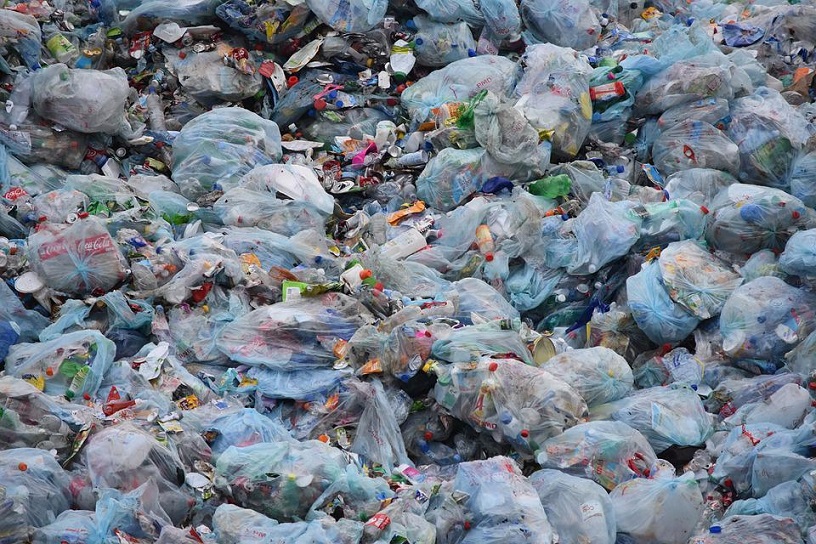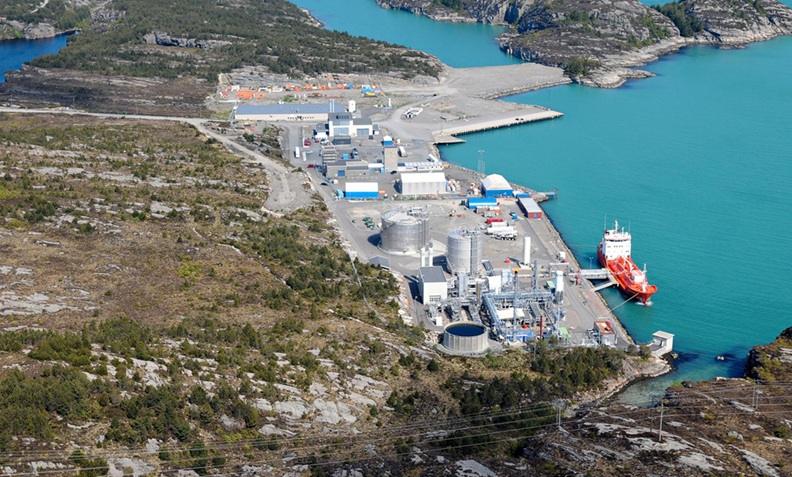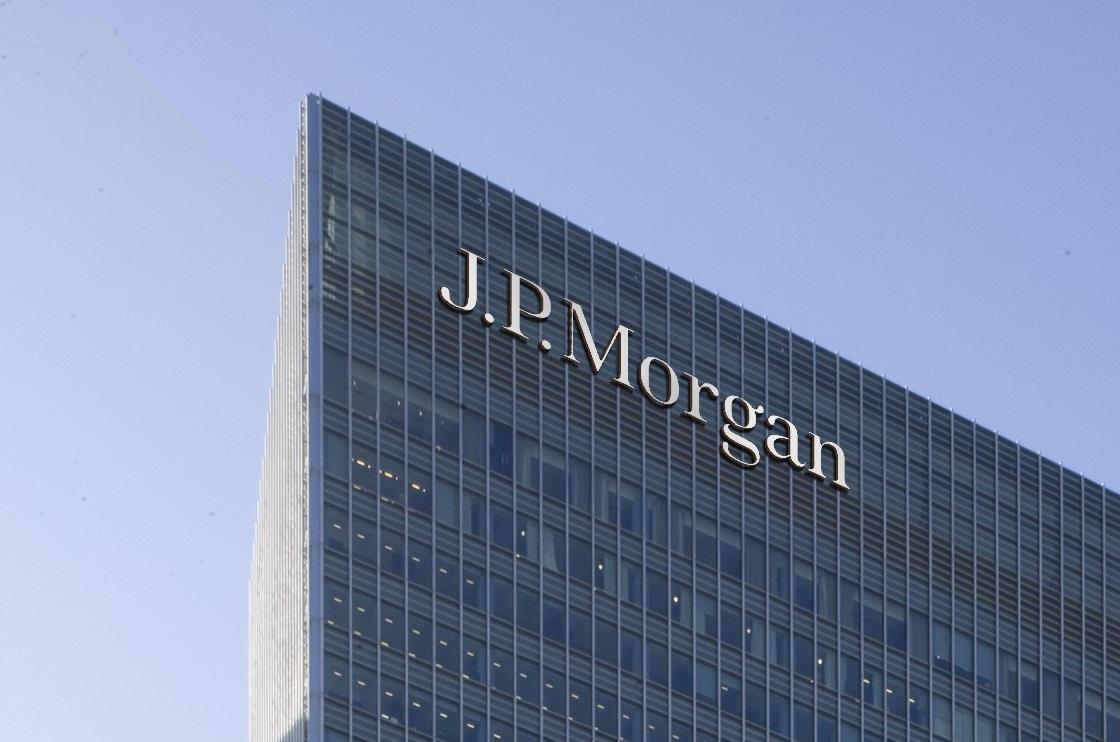$10 Trillion Investor Group Urges Consumer Goods Companies, Retailers to Reduce Plastic Use
A group of more than 180 investors, representing $10 trillion in assets under management, have signed a joint statement calling on companies to cut their use of plastics, and address the financial risks of plastic use.
The statement, coordinated by Investors for Sustainable Development (VBDO), is targeted primarily at intensive users of plastic packaging, particularly those in the fast-moving consumer goods and grocery retail sectors, including Coca-Cola, Costco, P&G, Nestlé, Unilever and Target, among others.
Signatories included Amundi, Aviva Investors, AXA IM, LGIM, Mirova, and Rockefeller Asset Management.
The statement comes as companies and investors face growing financial, physical, legal, technological, regulatory and reputational risks related to plastic pollution, ranging from financial risks as governments require companies to cover waste management costs, to the risk of petrochemical and plastics investments becoming stranded assets as regulations tighten. Last month, for example, Canada proposed new rules introducing recycled content requirements for plastic packaging and labelling and reporting requirements for plastic products. Many jurisdictions have also recently introduced laws banning the use of single-use plastics.
Investors have also been increased their calls for transparency on plastic-related risks. Last month, environmental disclosure platform CDP announced the launch of the ability for companies to report on plastic-related impacts, citing a request from more than 740 investors with US$136 trillion in assets for the disclosure.
In the statement, the investors wrote:
“Plastics imposes an estimated externality cost on society of $US 350 billion per year arising from greenhouse gas emissions, ocean pollution and collection costs – at least US$ 1000 per tonne of plastic produced. As action from policymakers steps up to address the plastics crisis and society demands accountability from corporate actors perpetuating the problem, companies on the value chain are exposed to significant and mounting plastic-related risks.”
In order to address these risks, the investor statement sets out a series of expectations for the companies, including committing to an absolute reduction of single-use plastic packaging and the implementation of reuse systems, as well as committing to identifying and eliminating the use of hazardous substances in their products and packaging, and to report on their progress. The statement also outlines an expectation for companies to support policies advocating for reductions in plastic, including the efforts to negotiate a new Global Plastics Treaty.





